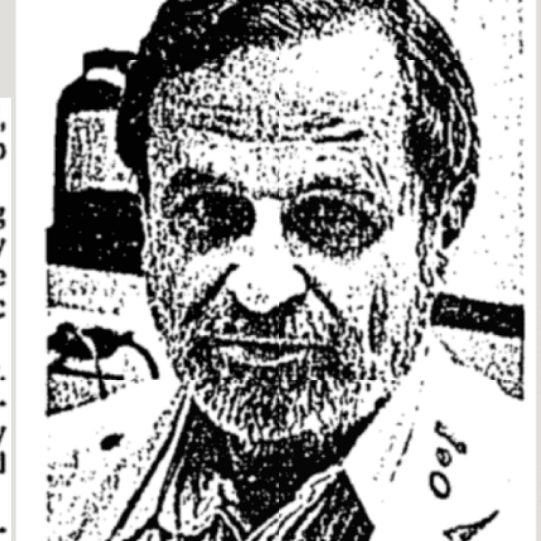Victor Herbert, Scientist Who Linked Folic Acid to Anemia, Dies at 75

November 21, 2002
By PAUL LEWIS
Dr. Victor D. Herbert, whose experiments on himself 40 years ago showed that a shortage of folic acid found in leafy vegetables and fruits caused a type of anemia, died on Nov. 19 in New York City. He was 75.
The cause was cancer, said his wife, Marilynne.
His discovery led to the realization that the anemia once common in pregnant women was due to a dietary deficiency. As a result, many today take folate, as folic acid is also called, to help the fetus develop.
Folic acid was also found to be effective in preventing a birth defect, spina bifida. In 1998 the United States Food and Drug Administration required that folic acid be added to all American food grains.
While doing research at Harvard University’s Thorndike Laboratory from 1959 to 1962, Dr. Herbert began to doubt the prevailing view that anemia induced by shortage of folic acid was rare and largely confined to alcoholics who did not eat properly and to people with digestive disorders.
His doubts were aroused when he found a deficiency of folic acid in a Boston man who developed megaloblastic anemia on a diet of hamburgers that had lost most of their folic acid by being overcooked.
To prove his theory that the anemia was far more common than thought, he tried to talk a colleague into a diet that included no folic acid. The would-be guinea pig declined, though, so Dr. Herbert decided to do it himself.
On October 1961, he started eating nothing fresh or uncooked and only foods that had been boiled multiple times to remove all trace of folic acid.
On Christmas Day that year, Dr. Herbert found that his legs had become so weak that he could barely move, a result of having deprived himself of enough potassium.
That problem was quickly corrected, though, and then, after 133 days of ingesting no folic acid and losing 26 pounds, Dr. Herbert developed a mild megaloblastic anemia, with its symptoms of fatigue, headache and diarrhea.
His experiment is credited with proving the tie conclusively, and today such anemias are recognized to be widespread throughout the world.
Victor Daniel Herbert was born in New York City on Feb. 22, 1927. He was named for the famous operetta composer, his father’s cousin.
When Dr. Herbert was 10, his father was killed fighting in the Spanish Civil War, and his mother died three years later. After living in a succession of foster homes and boys’ clubs, he studied chemistry at Columbia University and then bluffed his way into its medical school by pretending to be richer than he was. Once in the school, he maintained the ruse by selling life insurance to his teachers. He also earned a law degree.
After an internship at the Walter Reed Army Medical Center in Washington, Dr. Herbert was a medical officer in the Army in Germany after World War II.
He returned to pursue his career as a research biochemist in nutrition and blood disorders. The institutions where he worked included the Albert Einstein College of Medicine in the Bronx, Mount Sinai Medical School, Harvard, SUNY Downstate Medical Center and the Department of Veterans Affairs’ Medical Center in the Bronx.
In addition to his wife, he is survived by his sons, Robert, of Los Gatos, Calif., and Steven, of New Jersey; and his daughters Kathy Rose, of Brooklyn, Alissa, of Bronxville, N.Y., and Laura, of Manhattan.
Copyright 2002 The New York Times Company
